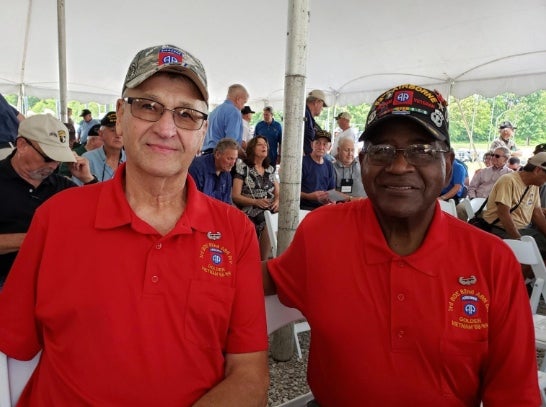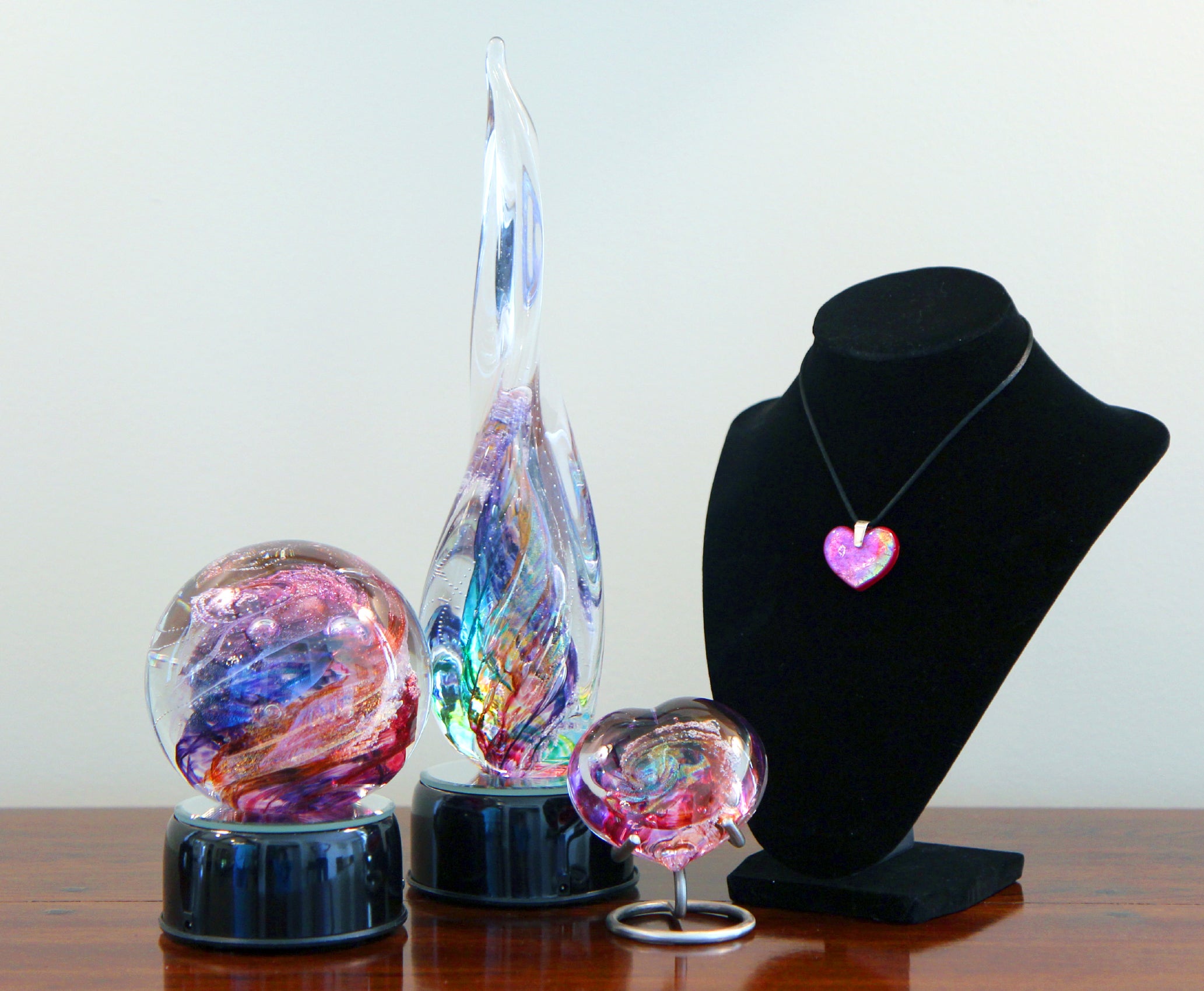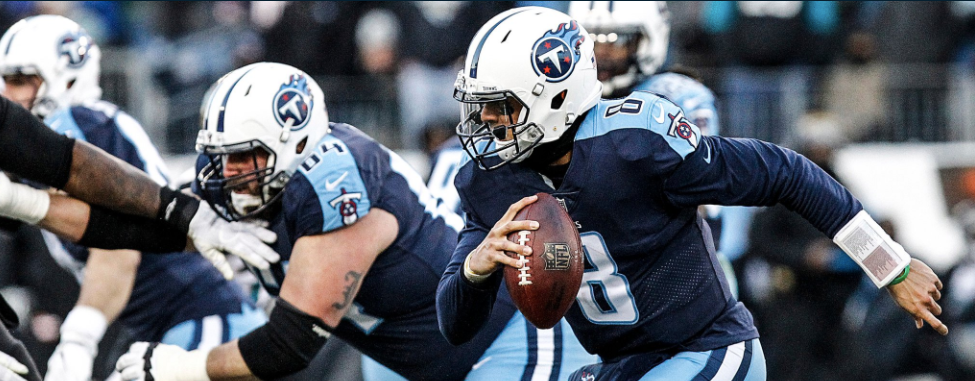Puerto Rican voter: Hillary is useless, Trump is crazy
Published 7:05 am Thursday, September 22, 2016
KISSIMMEE, Fla. (AP) — Heriberto Ferrer doesn’t want to vote for Donald Trump — but he says he can’t rule it out, his open-mindedness forced by his low opinion of Hillary Clinton.
“I don’t want Trump to win. Period,” he tells a Republican volunteer standing in his doorway on a recent Saturday morning. What about Clinton? “Hillary no sirve,” he says in his native Spanish, a phrase roughly translated as “Hillary is useless.”
The 56-year-old construction worker is among many Puerto Ricans living in this working-class neighborhood just south of Orlando along central Florida’s Interstate-4 corridor — perhaps the most valuable political real estate in the nation.
The recent explosion in Central Florida’s Puerto Rican population should have benefited Clinton, whose party has been the overwhelming preference of Hispanic Americans in Florida and across the nation in recent elections. An estimated 1,000 Puerto Rican families are moving to Florida from the U.S. territory each month. Unlike other immigrant groups, they arrive as American citizens and become eligible to vote almost immediately in the nation’s premiere battleground state.
Yet there are signs that Clinton’s popularity among this key demographic isn’t dramatically better than that of Trump, whose campaign regularly embraces and promotes xenophobic rhetoric.
Just down the street from Ferrer’s house, Amparo Vargas takes a break from weeding her garden to share concerns about both White House contenders.
“She’s a liar,” Vargas says of Clinton in Spanish. “I have no trust in Hillary. And I think Trump is a crazy man.”
Clinton’s allies concede she has work to do with Florida’s Puerto Rican community, despite signs that her campaign is dominating Trump’s organization on the ground. She and her allies have invested more in political advertising along the I-4 corridor than any other media market in the nation.
Since June 28, Clinton’s team and an allied super PAC spent a combined $23 million on advertising in the Orlando and Tampa areas, according to Kantar Media’s political ad tracker. Trump and his allies have spent little more than $5 million.
Clinton’s team is also making Spanish part of her outreach efforts. Her radio ads in the Orlando area feature not only Spanish speakers, but Spanish speakers with Puerto Rican accents. Trump hasn’t aired any Spanish ads in a state where the Census Bureau reports an estimated 1.6 million people speak English “less than very well.”
And last weekend, roughly half of the Trump campaign’s offices sat empty.
Asked about staffing, the nominee’s team contradicted numbers released last week by the Republican National Committee, which claimed a paid staff of 200 on the ground in Florida. The Trump campaign suggested the actual number was closer to 120 between the national committee and campaign.
“This is a campaign that is not necessarily built on the traditional bricks and mortar campaigning,” said Trump’s top Florida operative, Susie Wiles, on the job for only about a week.
Still, Wiles noted the campaign is signing up hundreds of new volunteers at every rally. Trump’s team uses text messages to keep them engaged, Wiles said.
Yet the Republican nominee remains heavily dependent on the Republican National Committee to do the grunt work — door knocking and phone calls — that has fueled past winning campaigns.
The national GOP dispatched teams of volunteers to Puerto Rican neighborhoods last weekend, as it does most days. The teams included a handful of Spanish speakers who talked up Trump and collected information about their voting preferences in the voters’ native language.
“Have an open mind,” RNC field director Francheska Markus, whose family is Puerto Rican, told one skeptical voter.
On the same day, the Clinton campaign featured 72 individual events in the Orlando-area. They included nearly 20 phone banks, 40 voter registration events and a dozen door knocking teams.
Democratic congressional candidate, state Sen. Darren Soto, said Trump has “stoked racism” throughout his campaign in a way that should push Puerto Rican voters toward Clinton. But Clinton needs to work for the support of undecided Hispanic voters, too.
“A lot of them at the last moment could fall her way,” said Soto, who would be Florida’s first member of Congress with Puerto Rican heritage.
History suggests it shouldn’t be that hard for Clinton to win over Florida’s Puerto Ricans, a community of more than 1 million that has doubled over the last 15 years, according to the Pew Research Center.
President Obama earned 60 percent of Florida’s Hispanic vote in 2012, a boost from his first run attributed in part to the surge in Puerto Rican voters.
Four years later, Democrats’ challenge was on display outside the Latin restaurant Mi Pan Boricua, where Clinton volunteers set up a voter registration table during a recent lunch rush.
The Democrats did not sign up any new voters in the two hours a reporter was present.
Alberto Cruz, who moved to Florida from Puerto Rico about five years ago, told them he was already registered as he walked inside the restaurant. The 42-year-old Orlando man promised to vote, but he hasn’t decided for whom.
“I don’t agree with a lot of things Trump has been doing or saying,” Cruz said. “But they’ve been saying a lot of things about Hillary, too.”




